💐 Crop Improvement
Biotechnology and Crop Improvement, GMO Plants
Biotechnology and Crop Improvement
- In
1982, the first biotech plant, an antibiotic resistantTobacco⭐️ was developed. (In the World) - First transgenic crop in India is
Cotton⭐️ . - Commercially genetically modified (GM) crops are Cotton, Potato, Maize, Tobacco, Papaya, Chilli, Tomato, Soybean, Carnation, Flex etc.
- The top biotech regulator in India is Genetic Engineering Appraisal Committee (GEAC). It is responsible for granting permits to conduct experimental and large-scale open field trials and also grant approval for commercial release of biotech crops.
- World acreage under GM crops is
189.8 million hectares(2017).
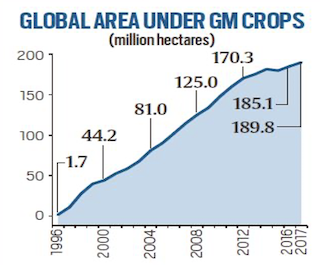
- India’s rank in transgenic plant acreage–
5th(1st – USA, 2nd – Mexico, 3rd Argentina, 4th Canada)
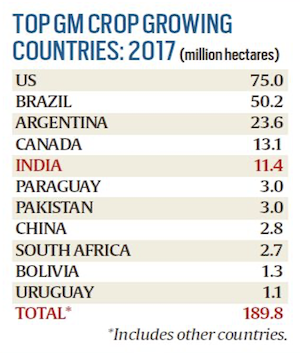
- Crops having highest transgenic plant cultivation area:
Soybean > Maize > Cotton
- India has the world’s fifth largest cultivated area under genetically modified (GM) crops, at 11.4 million hectares (mh) in 2017. But unlike other big growers, its entire GM crop area is under a single crop — cotton — incorporating genes from the Bacillus thuringiensis or Bt soil bacterium coding for resistance against Heliothis bollworm insect pests.
- Transgenic plant –
Flavr Savr Tomatofor delayed ripening was released for commercial cultivation in 1994 by Calgene Company.
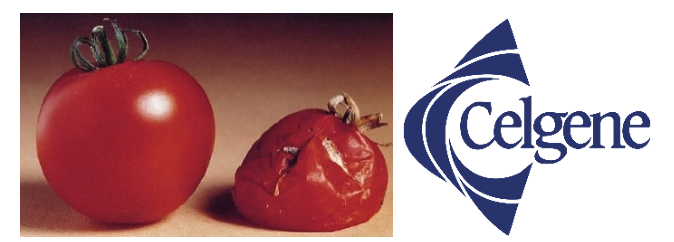
- First genetic engineering company established in 1976,
Gentech. Opaque-2 genewas transferred in maize for obtaining lysine rich maize varieties.- Transgenic plant
Proteinahas been developed by modification of the target protein against Glyphosate (herbicide). - Bt gene possessed by Bacillus thurigiensis (bacteria), introduced in Cotton, Tomato and Tobacco against insects.
- Genetically Engineering Organisms (GEOs) were introduced in crops resistant to pests.
- Selection of salt tolerant varieties of rice i.e. IR 42, IR 43 & IR 52 etc.
Agrobacterium tumefaciens(a bacterium, natural genetic engineer) was developed to carry new genes from one organism into another.
Bt Cotton
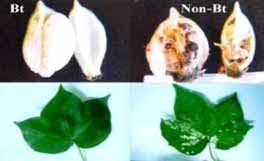
- Bt is shorthand for common soil-inhabiting bacteria UPPSC 2021 called
Bacillus thuringiensis. - Bt also refers to insecticide products made from these bacteria.
- How insect exposed to Bt:
Delta endotoxinsarestomach poisonsthat must be eaten by the insect in order to be effective. After ingestion, the toxin is activated in the highlyalkalineinsect midgut. - How does Bt kill insects: Delta endotoxins rapidly
paralyzethe insect’s digestive system, so damage to the plant stops soon after the insect is exposed to the crystals. Mortality may take several days, so the effects of delta endotoxins are very different from what we expect from conventional insecticides. - Commercial products of Bt: Bactimos, Biobit, Dipel, Javelin, Teknar, Vectobac. These are used primarily for control of caterpillar pests of various crops, as well as mosquito and black fly larvae.
- Bt cotton was first used in India in
2002. - In India Bt cotton is only approved crop GM crop for commercial cultivation which is grown over
11.79 million hectares(93.6 %) of total.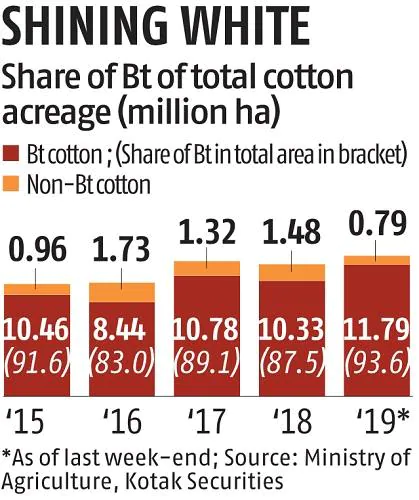
- The Union Government notify maximum sale price (MSP) of Bt cotton seed for the year 2020-21. It was announced by the Union Agriculture and Farm. In this regard, Union Government has issued notification as per the Cotton Seed Price (Control) Order, 2015 under the Section 3 of the Essential Commodity Act, 1955
- As per the notification
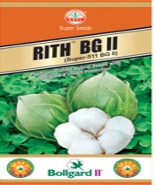
- BG-I version: Not used now.
- Price of BG-II version of Bt cotton hybrid was fixed 730 rupees per packet 450 gm.
- Refugia is
120 gm.
Bt Brinjal
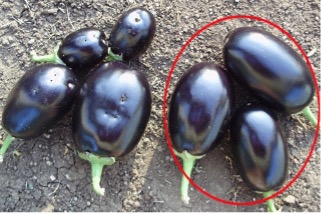
- The GEAC in 2007, recommended the commercial release of Bt Brinjal, which was developed by
Mahyco(Maharashtra Hybrid Seeds Company) in collaboration with the Dharward University of Agricultural sciences and the Tamil Nadu Agricultural University. - But the initiative was blocked in 2010.
GM-mustard
Dhara Mustard Hybrid-11or DMH-11 is a genetically modified variety of mustard developed by the Delhi University’s Centre for Genetic Manipulation of Crop Plants.- If approved by the Centre, this will be the second GM crop, after Bt Cotton, and the first transgenic food crop to be allowed for cultivation in the country.
Terminator Technology
- Terminator technology refers to research of seeds/plants that produce sterile seeds.
- This technology could be used to prevent any gene flow between biotechnology and traditional crops.
Bio pharming
- “Biopharming” is an experimental application of biotechnology in which genetic engineering (GE) is used to create plants that can produce
pharmaceuticalproteins and chemicals. In spite of this enhancement, biopharm crops are virtually indistinguishable from edible varieties. Cornis by far the most popular substrate plant for biopharming, followed by soybeans, tobacco and rice.
Biotechnology and Crop Improvement
- In
1982, the first biotech plant, an antibiotic resistantTobacco⭐️ was developed. (In the World) - First transgenic crop in India is
Cotton⭐️ . - Commercially genetically modified (GM) crops are Cotton, Potato, Maize, Tobacco, Papaya, Chilli, Tomato, Soybean, Carnation, Flex etc.
- The top biotech regulator in India is Genetic Engineering Appraisal Committee (GEAC). It is responsible for granting permits to conduct experimental and large-scale open field trials and also grant approval for commercial release of biotech crops.
- World acreage under GM crops is
189.8 million hectares(2017).

- India’s rank in transgenic plant acreage–
5th(1st – USA, 2nd – Mexico, 3rd Argentina, 4th Canada)

- Crops having highest transgenic plant cultivation area:
Soybean …